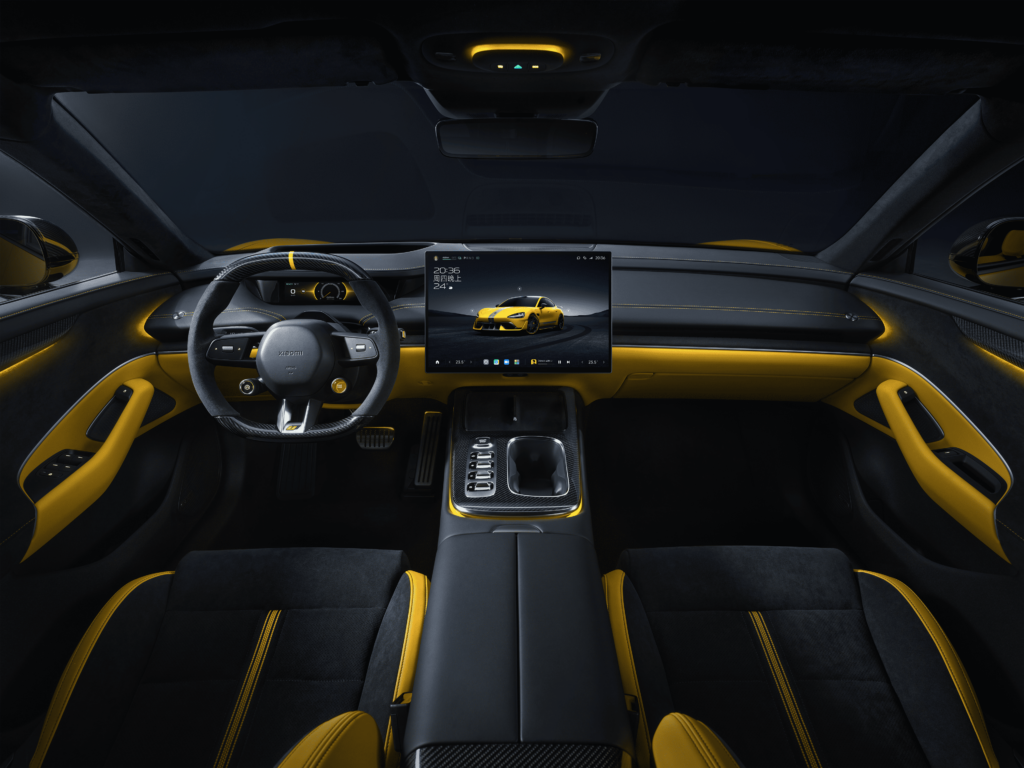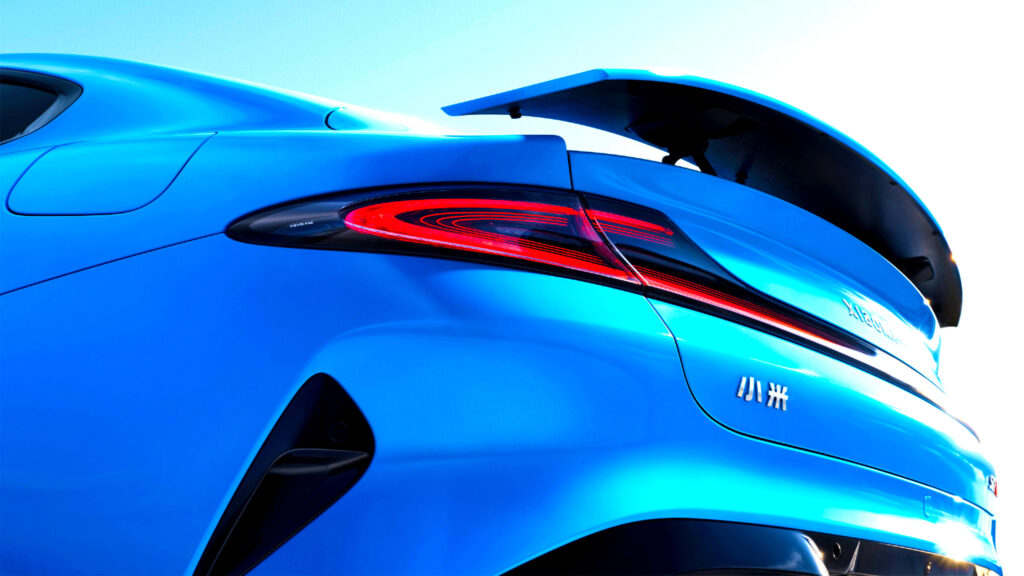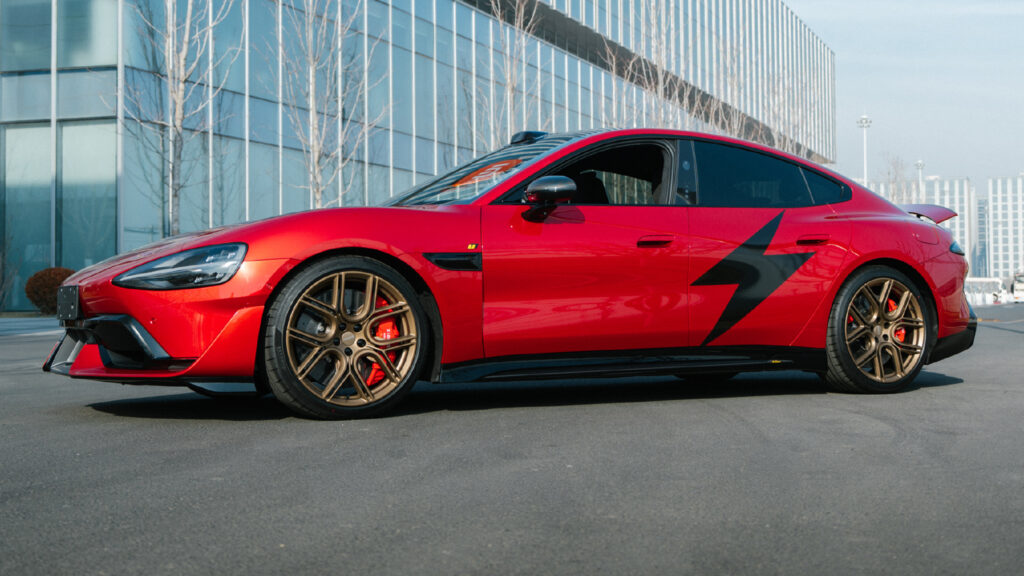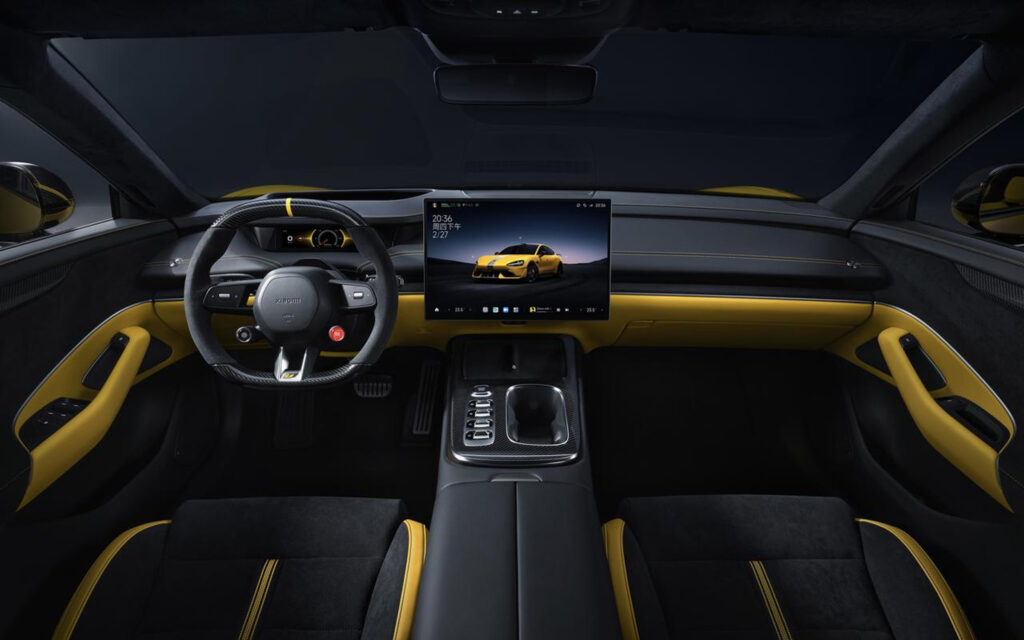He Put 165,000 Miles On His Xiaomi, And The Real Surprise Was The Battery

- Owner averaged 373 miles daily, driving more than some taxis.
- Brake pads never replaced, thanks to regenerative braking system.
- Car used 47,800 kWh of power, equal to 506 full charge cycles.
The Xiaomi SU7 hasn’t been on the market for very long, but one owner in China put the electric sedan through its paces at a rate higher than most taxis. The model has covered an astonishing 165,134 miles (265,757 km) in just 16 months (476 days), offering a real-world look at how the EV hardware handles heavy use.
What is likely the highest mileage Xiaomi in existence was highlighted on a video that was uploaded on Bilibili by Jackson’s Sunset Drive. The vehicle in question is an Aqua Blue SU7 Pro owned by Mr. Feng, who drove an average of 373 miles (600 km) every day since he took delivery.
More: His Hyundai Ioniq 5 Battery Still Held 88% After 360,000 Miles
For context, the daily trip matches the distance between Los Angeles and San Francisco, with the total distance covered being the equivalent of 6.63 times the circumference of the Earth.
Battery Health After 165,000 Miles
The most impressive takeaway from the high-mileage experiment is the battery’s state of health, as measured by an official Xiaomi service station. Despite the intensive usage, the 94.3 kWh lithium iron phosphate Shenxing battery pack from CATL has retained 94.5% of its original capacity.
As Carnewschina points out, the rival Tesla Model 3 Long Range comes with an eight-year, 120,000-mile (193,120 km) warranty, promising a battery health of at least 70 percent after that period.

Minimal Wear And Tear
In the case of the Xiaomi, it isn’t just the battery that is holding up. The owner claims the vehicle has never required a brake pad replacement, which is a testament to the efficiency of its regenerative braking system. Furthermore, the coolant remains pure, with zero water contamination.
More: After 100K Miles, VW’s EV Barely Lost Range Thanks To One Trick
The Pro trim of the fully electric sedan is fitted with a rear-mounted motor producing 295 hp (220 kW / 299 PS) and 400 Nm (295 lb-ft) of torque. According to the automaker, the 94.3 kWh battery offers a CLTC range of 830 km (516 miles) in this variant.
Fuel Savings
Doing the math, based on an estimated efficiency of 18 kWh/100km, Mr. Feng’s Xiaomi has consumed roughly 47,800 kWh of electricity over the past 18 months. This translates to around 506 full charge/discharge cycles for the 94.3 kWh battery.

Overall, Mr. Feng estimates that by opting for the electric sedan over an ICE-powered vehicle he has saved over ¥100,000 ($14,400) in fuel costs over the 265,757 km (165,134 miles). That is a significant amount considering that the starting price of a Xiaomi SU7 Pro is ¥245,900 ($35,400) in China.
More: Ford’s Jim Farley Was “Shocked” After Tearing Down Chinese And Tesla EVs
Predictably, the video has gained traction and was even shared by Xiaomi CEO Lei Jun. The owner revealed that he plans to continue racking up miles on his EV, targeting to reach 600,000 km (372,823 miles) within three years.
The Xiaomi SU7 has recently made headlines for outselling the rival Tesla Model 3 in China, with 258,164 units delivered in 2025. The company has already announced a refreshed version of the sedan, which is set to arrive in April 2026 with more advanced ADAS, a standard LiDAR, and a longer driving range of up to 560 miles (902 km) in the CLTC cycle.


